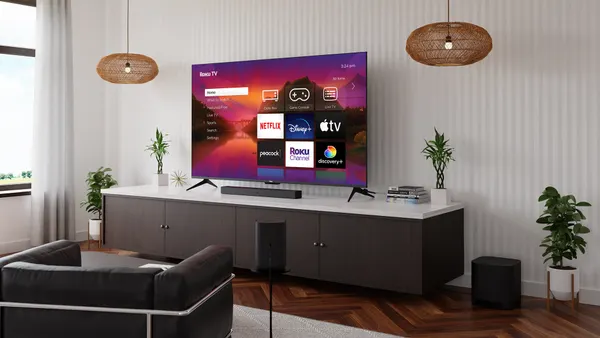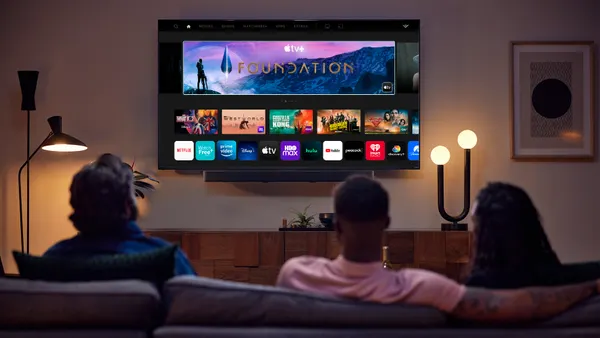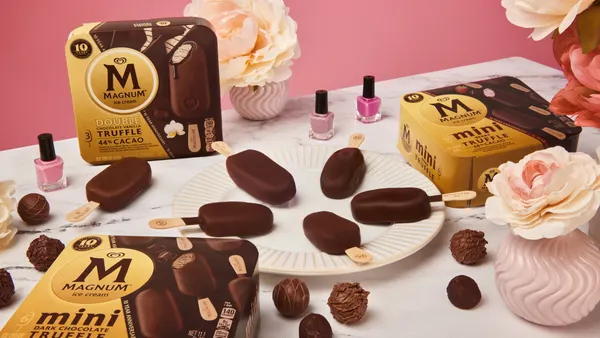Dive Brief:
- A Barkley and Futurecast survey found that general audiences and young audiences, in particular, favor ads that highlight diversity, as reported by eMarketer.
- Sixty percent of surveyed Gen Z-ers aged 15 to 19 and 58% of millennials aged 20 to 35 agreed that "changing ideas about gender are allowing more people to be themselves," per eMarketer. These demographic groups were generally more receptive to ads showcasing diverse families than baby boomers were. J. Walter Thompson also found that Gen Z-ers tend to be more accepting of nontraditional gender roles than older consumers.
- Separate surveys from The Harris Poll also showed that younger U.S. internet users are more supportive of multiculturalism, according to eMarketer. Almost seven in 10 surveyed individuals between ages 18 and 34 prefer consuming movies and television featuring a multicultural cast and 65% were more likely to shop at retailers that offer a more robust selection of multicultural products.
Dive Insight:
In the past, industry wisdom has suggested that the best business practice is to separate politics from marketing entirely. That may become less prevalent, however, as young consumers — often the most coveted demographic group by brands — become receptive to or even demanding of more nontraditional representation in their ads.
A lack of diversity has been a long-standing point of contention in marketing and advertising, both on the creative front and behind the scenes. Some organizations have recently taken more proactive steps to address this like the Association of National Advertisers (ANA), which announced an Alliance for Inclusive and Multicultural Marketing (AIMM) in October.
Of course, championing more progressive values comes as a weighty double-edged sword, running the risk of alienating those not necessarily in agreement with what eMarketer deems a "liberal spin."
The Super Bowl was a recent flashpoint for the often uneasy intersection between politics, consumer identity and advertising. Brands including Coca-Cola and Airbnb aired TV spots championing inclusion. The messages appeared to speak directly against President Donald Trump's executive order blocking immigrants from seven majority-Muslim countries from entering the U.S. and also his plans to build a border wall between the U.S. and Mexico.
Today millions cheer together, because together is beautiful. #AmericaIsBeautiful pic.twitter.com/z65LimssjD
— Coca-Cola (@CocaCola) February 5, 2017
Even as Coca-Cola was praised for resurrecting timely creative — the brand had run the same ad in 2014 — others responded negatively to the pro-diversity spot, voicing their ire through the hashtag #BoycottCoke on social media. The moment came as a bit of counter-programming to last week's #DeleteUber movement, which saw users dropping the ride-hailing app en mass over the brand's perceived strike-breaking during pro-immigrant protests and CEO Travis Kalanick's position on Trump's economic advisory council (Kalanick has since left the position due to backlash).
Both instances underscore how brands that are deciding to draw a harder line in the political sand should be prepared for a degree of backlash and even a loss of customers while the eMarketer research suggests the risk may be worth it for brands with a strong Gen Z and millennial audience. As sensitivity around brand values continues to sharpen with a divisive political clime, consumer watchdog efforts and more aggressive social media activism will likely be on the rise as well, which may force marketers to be more deliberate about who they target and where.













